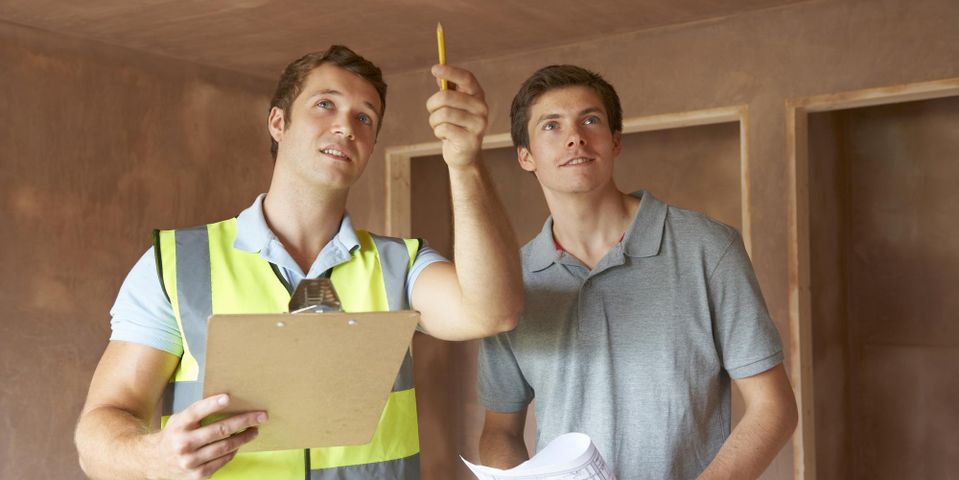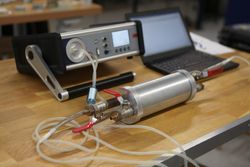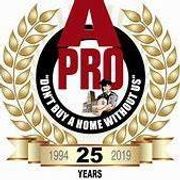
Positive home inspection results can help you sell your house quickly, and for the price you want. Radon testing is an important part of this process, and it builds confidence in prospective buyers. This radioactive gas is linked to lung cancer and other health complications, and it’s released as uranium and radium decay. If professionals discover high levels in your home, it’s crucial to explore mitigation solutions to achieve safe levels.
A Homeowner’s Guide to Radon Testing
How Radon Collects in Your Home
Naturally occurring radon collects in the soil as uranium and radium decay. The gas seeps into a home through foundational cracks and porous building materials. The largest concentrations are usually found in basements and crawlspaces. Just as heat rises, this toxic gas will eventually reach the upper floors of a house.
 Radon may also enter inside building material. Natural stone mined for flooring, countertops, and other finishes can contain trace amounts. While rarely lethal, these amounts do contribute to the overall levels in your home. Radon testing is also vital if you have a water well. This gas can contaminate groundwater as it passes through aquifers and is released every time you activate a faucet.
Radon may also enter inside building material. Natural stone mined for flooring, countertops, and other finishes can contain trace amounts. While rarely lethal, these amounts do contribute to the overall levels in your home. Radon testing is also vital if you have a water well. This gas can contaminate groundwater as it passes through aquifers and is released every time you activate a faucet.
Mitigation Solutions
The most common mitigation solutions are passive and active suction. Passive systems use air pressure devices and exit ducts in each room of a home. As radon collects, the system forces it into the ducts and evacuates it from the structure.
Active systems are installed in basements and crawlspaces to monitor radon levels. A suction fan activates when they’re too high, drawing tainted air into a pipe and out of the building. These units also force air downward to blow radon away from your home.
Sub-membrane systems are also used in crawlspaces. This is when professionals spread a sheet across the exposed soil. Since radon can’t penetrate it, it is blown to the sides of the sheet instead of up into your house. If you’re concerned about radon in the well water supply, purchase a carbon filter or aeration device to capture and disperse the gas.
If you’re ready to schedule radon testing, contact A-Pro® Home Inspection of Denver, CO. These professionals have 25 years of experience and offer 500-point inspections. They’ll carefully examine every aspect of your home, providing a detailed report you can use when buying or selling. Learn about their federal housing administration (FHA) inspections online, or call (303) 875-7627 to reach a certified home inspector.
About the Business
(8 reviews)
Have a question? Ask the experts!
Send your question

